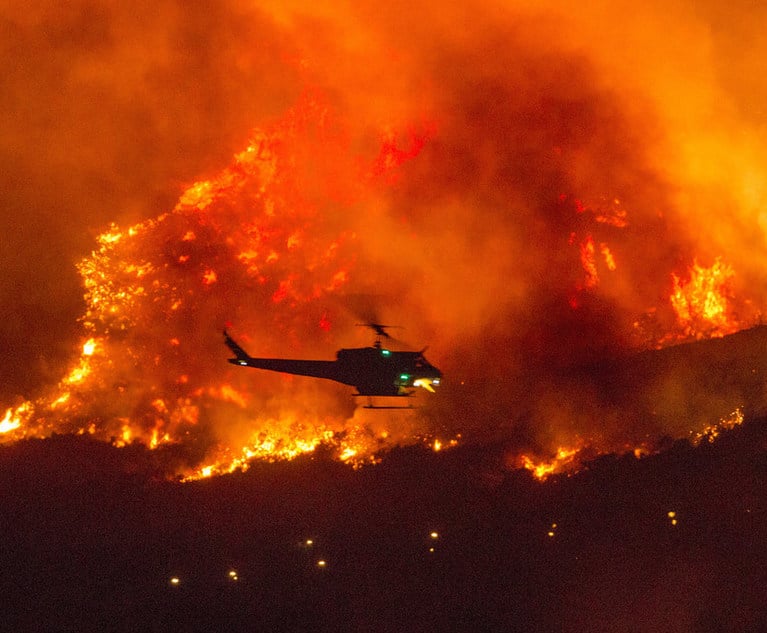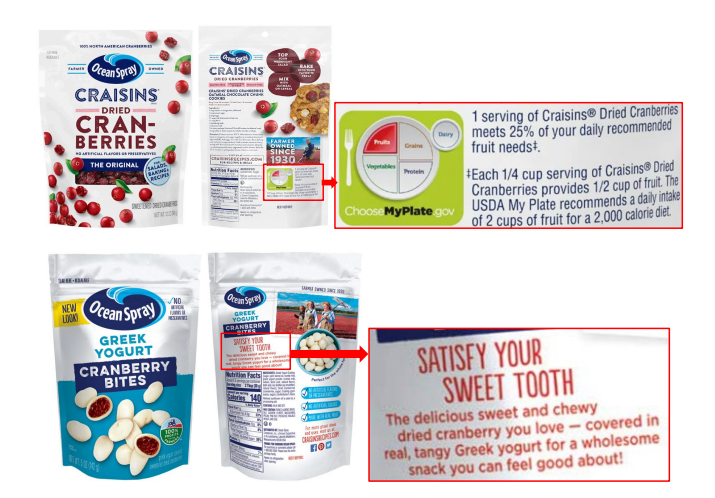On June 15, the California Office of Environmental Health Hazard Assessment (OEHHA), which implements and administers California’s Proposition 65 program, made an unexpected pivot and proposed a new regulation clarifying that cancer warnings are not required for coffee under Proposition 65. The unusual categorical exemption could be seen as the OEHHA’s response to the media frenzy and industrywide impact caused by a recent California state court decision that required cancer warnings for coffee. The text of the proposed new rule follows below:
Section 25704. Exposures to Listed Chemicals in Coffee Posing No Significant Risk
Exposures to listed chemicals in coffee created by and inherent in the processes of roasting coffee beans or brewing coffee do not pose a significant risk of cancer.
Per an OEHHA press release, the proposed regulation is based on “extensive scientific evidence that drinking coffee has not been shown to increase the risk of cancer and may reduce the risk of some types of cancer.” The press release cites to studies by the World Health Organization’s International Agency for Research on Cancer (IARC), and concludes that “coffee is a complex mixture of numerous chemicals that includes both known carcinogens—such as acrylamide, formed during the roasting of coffee beans and brewing of coffee—and chemicals that protect against cancer, including antioxidants.”


 Cheryl S. Chang and Erika R. Schulz of Blank Rome.
Cheryl S. Chang and Erika R. Schulz of Blank Rome.




